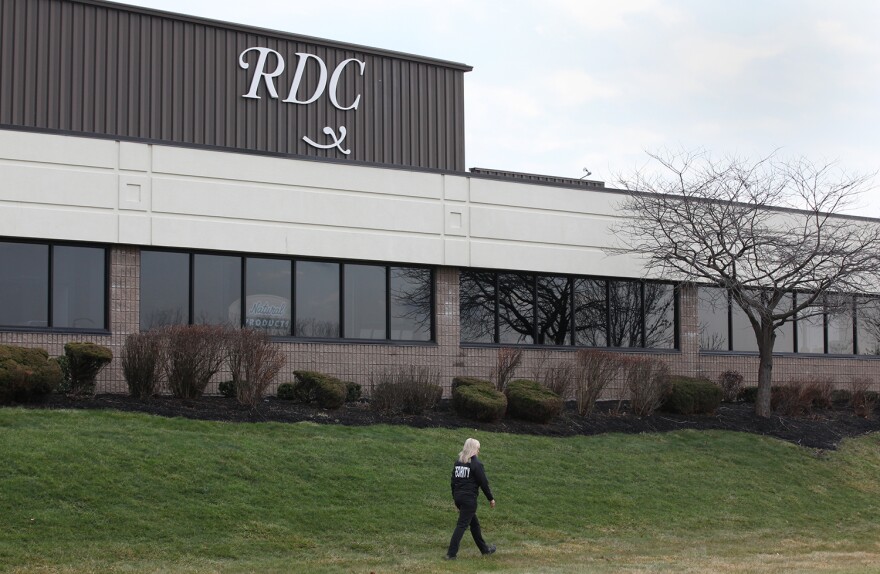Rochester Drug Cooperative, which has paid millions of dollars to settle federal charges connected to opioid trafficking, said Tuesday that it will no longer sell any controlled substances.
"RDC will cease distribution imminently," the company wrote to its customers. "Seek immediate alternative arrangements to procure controlled substances."
Those substances run from the federal Drug Enforcement Administration’s Schedule II, which includes drugs like fentanyl that the agency says have a high potential for abuse and addiction, to Schedule V drugs like prescription-strength Robitussin, which the DEA says are much less likely to result in dependence.
The drug cooperative, a pharmaceutical distribution company, said ceasing these sales was purely a business decision, and that the costs of following the rules that govern controlled substances were too high.
“The ever-increasing expenses associated with the legal and regulatory compliance for this segment of drugs are simply not sustainable,” the company said in a statement from spokesperson Jeff Eller.
Rochester Drug Cooperative settled a federal lawsuit for $20 million last April and admitted that it knowingly violated federal narcotics laws. The company said in court papers that it shipped dangerous and highly addictive opioids to pharmacies, knowing that the prescription medicines were being used illicitly.
The company’s former CEO, Laurence Doud III, still faces charges of narcotics trafficking.
Under the terms of the settlement, Rochester Drug Cooperative was still allowed to distribute narcotics with increased federal oversight, but now the company has said it’s making a voluntary decision to stop that part of its business.
Eller said that controlled substances made up a small percentage of the company's total sales, but a significant portion of its expenses.




